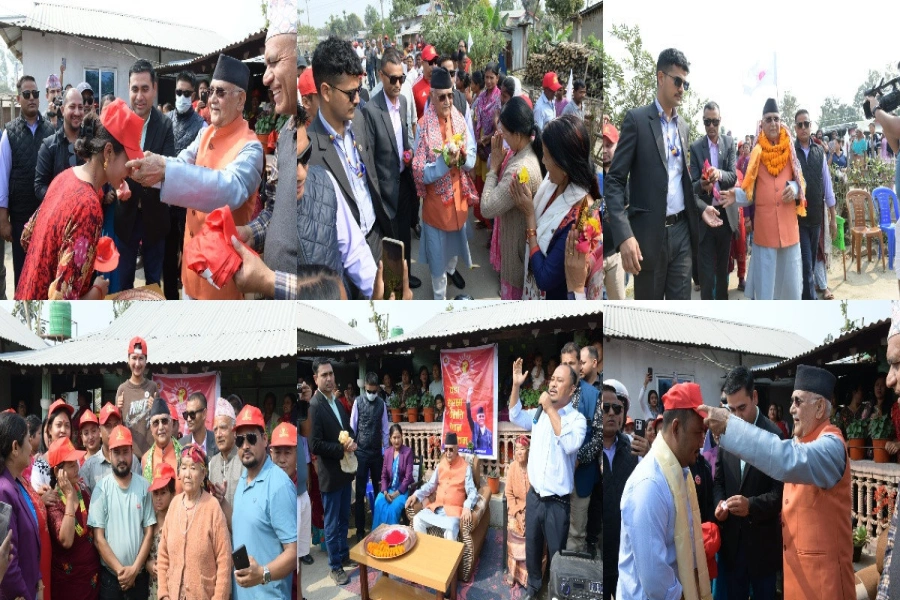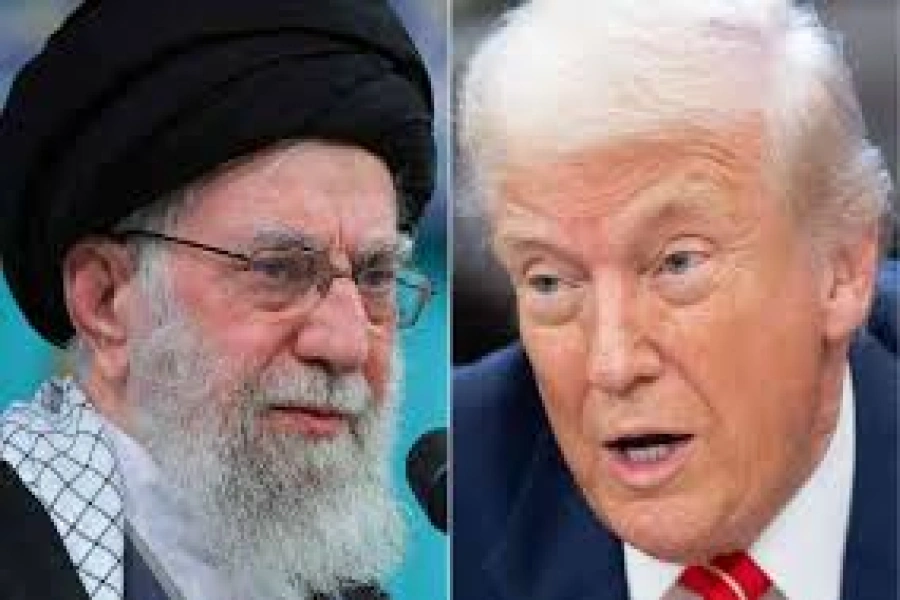The world knows that Kali River, as mentioned in the Sugauli Treaty, actually demarcates the western border between Nepal and India.
Despite several calls from Nepal to resolve Kalapani issue, Eminent Persons Group (EPG ) report and others, India’s higher decision making echelon has not showed much interest to address the border issue. India has often pointed to the existing mechanism at foreign secretary level. If such attitude continues the age old foundation historical, religious, cultural and social bond between Nepal and India can erode Nepali people will soon develop strong resentment against Indian hegemony.
House panel directs govt to resolve Kalapani border dispute wit...

In the case of the Lipu Lekh link road inauguration few days ago by Indian Defense Minister in the backdrop of Nepal’s longstanding “claim” of Kalapani-Limpiyadhura-Lipulekh territory, several demonstrations took place inside Nepal and few abroad have protested against India. Many eminent politicians, scholars, ex-servicemen, human rights activists, including students and journalists have joined hands. Nepalis are waiting for India to come up with the resolve to settle this matter. The first step toward the solution should be India correcting its map, and letting Nepali territories remain Nepali territories.
Although mighty India thinks its relation with neighbors are gracious many independent political analysts and experts across the region believe it is repulsive. Several Indian scholars also agree with this. The Indian encroachment of land in Nepal’s Kalapani territory, a hard earned piece of ground by the brave ancestors, is something an intolerable case in point. Enough has been said for the evidence. The world knows that Kali River, as mentioned in the Sugauli Treaty, actually demarcates the western border between Nepal and India.
India’s Ministry of External Affairs has rebuffed Nepal’s claim by justifying the route was used by pilgrims to Mansarovar. We are uncertain that Indian pilgrims will feel happy to visit Mansarovar through a road link that has been developed under a despicable claim. Such pilgrimage would also be less righteous. Some argue the terrain of Kalapani is strategic to Indian military. India cannot utilize a disputed territory in her “material cost and benefit analysis” in a picture when an adversary really threatens such feature. Indian military will have no choice than abandon the area and move to a better defensive position elsewhere in their own territory. Further, given the military capability of PLA in terms of surveillance, intelligence and precision capability, they would potentially frustrate any strategic positions in a low land.
The encroached land is persistently held by India and Nepal has not been able to do much to bring it back. If a mutually advantageous and enforceable agreement cannot be reached between the two countries, this will breed intense hatred against India in Nepal. The Indian leaders had better consider this reality.
With the rapid economic development of China and India, Nepal’s prospect of a prized development is not distant. But India should adopt the idea of “shared prosperity” such as building bridge with China via Nepal for commerce expansion and tap many more unseen opportunities. Tibet is the water tower of Asia. Nepal’s Himalayas quench India’s thirst.
Migrant Indian workers in Nepal are widely considered as great contributor to their remittance. Mistrust in emotional terms may involve undesired and unanticipated response motivated exclusively by anger. When they see that Nepal’s territory has been occupied, Nepali people will surely respond with anger. Thus the displeasure brought by Indian action in regard to Kalapani area should be addressed.
It is possible that some imperfect information created the problem. In that case, India should accept the historical evidence. India, as a great power, should not undermine the concerns of the smaller states. Nepalese people will love to wait and witness India’s good gesture toward resolving this matter.





























-1200x560-1771928761.webp)









